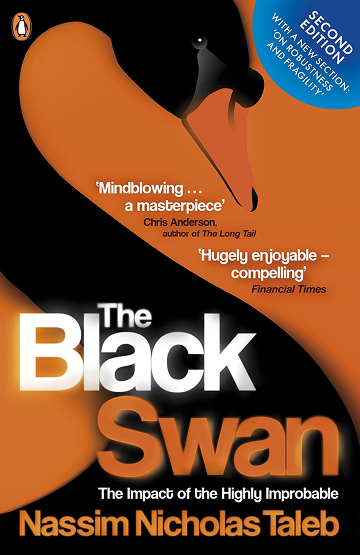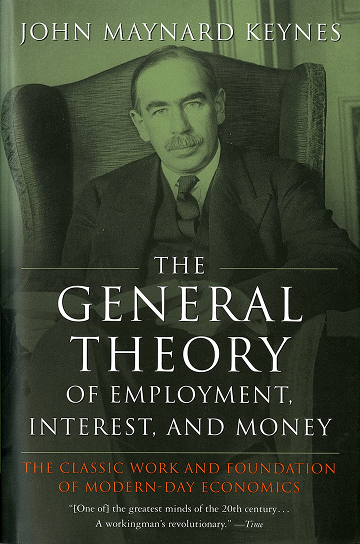Vicky Safra Net Worth, Biography and Key Insights



Vicky Safra’s Profile Summary
|
Company
|
Safra Group |
|---|---|
|
Position
|
Matriarch and Overseer |
|
Source of wealth
|
Inheritance from late husband Joseph Safra's banking empire |
|
Also known as
|
Vicky Sarfati |
|
Age
|
73 |
|
Education
|
Not publicly disclosed |
|
Citizenship
|
Greece and Brazil |
|
Residence
|
Crans-Montana, Switzerland |
|
Family
|
Four children |
|
Website, Social Media
|
Vicky Safra’s biography
Vicky Safra, born Vicky Sarfati on July 1, 1952, in Thessaloniki, Greece, is a prominent billionaire and philanthropist. In 1969, at the age of 17, she married Joseph Safra, a Brazilian banker of Lebanese descent, who later became the world's richest banker. The couple had four children: Jacob J. Safra, Esther Safra Dayan, Alberto J. Safra, and David J. Safra.Following Joseph Safra's death in December 2020, Vicky and her children inherited his vast fortune, estimated at $17.5 billion as of January 7, 2025.
She now leads the Joseph Safra Philanthropic Foundation, continuing the family's legacy of charitable endeavors. Under her guidance, the foundation supports various causes, including education, healthcare, and cultural initiatives.
Vicky holds both Greek and Brazilian citizenships and primarily resides in Crans-Montana, Switzerland. Her family maintains significant control over the Safra Group's banking empire, which manages over $200 billion in assets across approximately 30 countries.
Her eldest son, Jacob, oversees international operations, including the Safra National Bank of New York and J. Safra Sarasin in Switzerland, while her son David manages Banco Safra in Brazil.
Despite her immense wealth and influence, Vicky Safra is known for her discreet public presence, focusing on family and philanthropy. Her leadership ensures the Safra family's continued prominence in global finance and charitable activities.
-
How did Vicky Safra make money?
The Safra family fortune was primarily built through global banking operations. Vicky Safra’s late husband, Joseph Safra, expanded the Banco Safra business in Brazil, turning it into one of the most prominent private banks in the world. Founded in 1955, Banco Safra initially focused on providing financial services to Lebanese immigrants in Brazil. Over time, it grew into a global banking empire.
Joseph Safra was known for his conservative investment approach and focus on long-term stability, which helped the bank weather economic downturns. The family also established Safra National Bank of New York and J. Safra Sarasin, a Swiss private bank known for its wealth management services.
Vicky Safra became one of the world's wealthiest women after inheriting Joseph Safra’s estate in 2020, estimated at $17.5 billion. The Safra Group’s holdings include real estate in New York, London, and Switzerland, as well as investments in telecommunications, energy, and technology.
Under Vicky’s leadership, the family continues to manage Banco Safra, J. Safra Sarasin, and Safra National Bank, while also supporting charitable causes through the Joseph Safra Philanthropic Foundation. The Safra Group’s success is built on trust, discretion, and conservative financial practices, ensuring the family’s legacy continues to grow. -
What is Vicky Safra net worth?
As of 2025, Vicky Safra’s net worth is estimated to be $22.2 B.
What is Vicky Safra also known as?
Vicky Safra, also known by her maiden name Vicky Sarfati, is the widow of Joseph Safra and the matriarch of the Safra family. She oversees the family’s philanthropic foundation and remains a discreet yet influential figure in global finance.Prominent achievements of Vicky Safra
Vicky Safra leads the Joseph Safra Philanthropic Foundation, supporting education, healthcare, and cultural preservation. She has ensured the continued growth of the Safra Group, maintaining its status as one of the world’s leading private banking empires.What are Vicky Safra’s key insights?
Vicky Safra upholds a philosophy of discretion, stability, and long-term investment. She believes in conservative financial practices and giving back to society through philanthropy, continuing the values established by her late husband.
Vicky Safra’s personal life
Vicky Safra has four children: Jacob Safra, Esther Safra Dayan, David Safra, and Alberto Safra. Her children play key roles in the family’s banking and investment operations. Jacob Safra oversees international banking, while David Safra manages Banco Safra in Brazil. The family remains involved in charitable and business ventures.
Useful insights
Understanding market forces
In my experience, to truly succeed as an investor, it’s essential to understand the driving forces behind market behavior. Market movements aren’t random—they’re influenced by a range of economic theories and dynamics. The following books provide valuable insights into these forces, offering a deeper understanding of how global financial markets operate and what shapes their trends.
-
Nassim Nicholas Taleb – "The Black Swan"

-
Summary:
Taleb explores the concept of rare, unpredictable events—so-called "Black Swans"—that can have massive impacts on markets and society. These events are often overlooked by traditional risk management models, leading to devastating consequences when they occur. Taleb illustrates how these unpredictable shocks shape our world, often more than gradual, expected changes.
-
Why read it:
This book challenges conventional thinking about risk and uncertainty, showing that many major historical and financial events were "Black Swans." It's a vital read for investors who want to build resilience in the face of market volatility.
-
-
John Maynard Keynes – "The General Theory of Employment, Interest, and Money"

-
Summary:
Keynes revolutionized economics by focusing on total demand within an economy and its effect on output and inflation. His theory suggested that government intervention could stabilize economic cycles through fiscal and monetary policy. The book also explains the consequences of under-consumption and the role of interest rates in managing economic stability.
-
Why read it:
For investors interested in macroeconomic trends and policy impacts, Keynes’ work is essential. Understanding the Keynesian framework can help investors predict how government actions might influence market performance.
-
Other profiles in category
Popular Financial Guides
Latest Financial News

South Africa unveils digital visas to attract film and events

South Africa invests R710 million to expand free Internet access































































































































